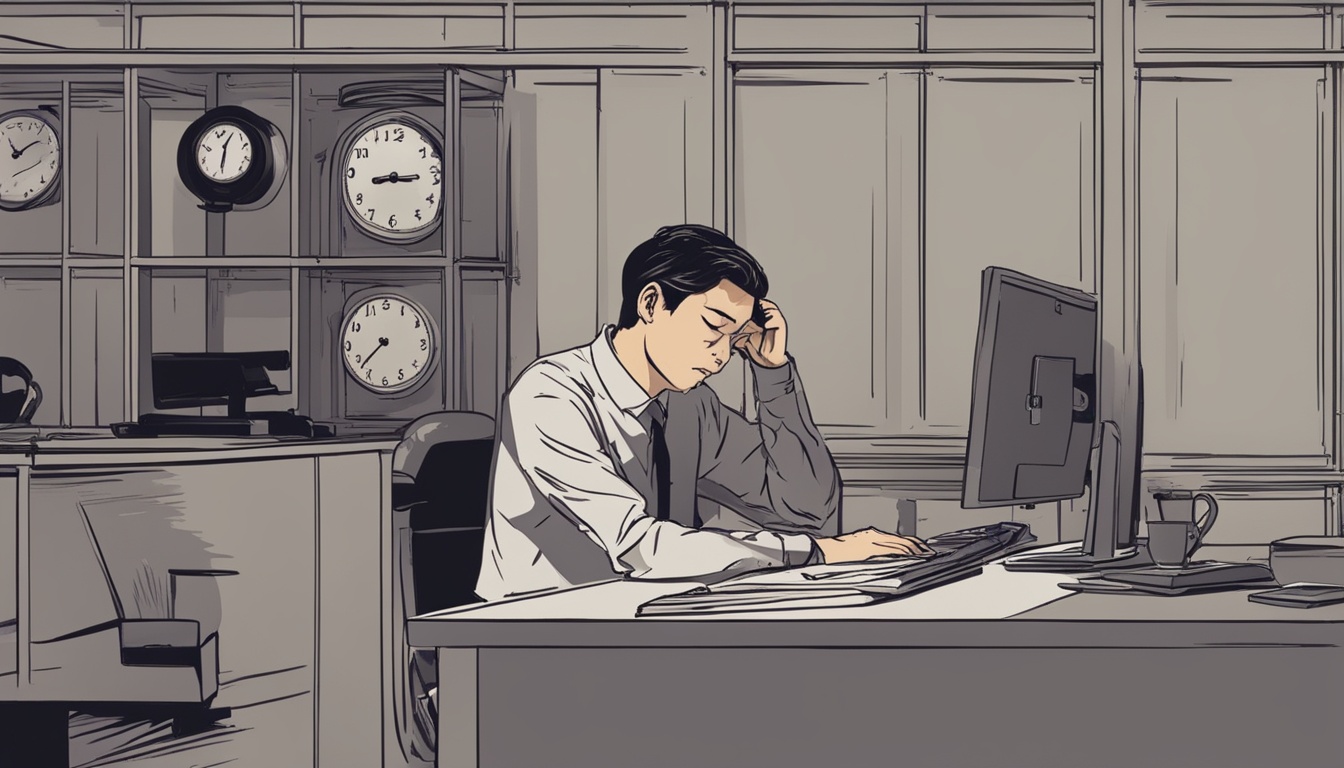Daytime sleepiness is also called excessive daytime sleepiness (EDS). Many people feel very sleepy during the day. This can make it hard to do daily tasks and can lower the quality of life.
Sources show that EDS affects 4% to 20% of people, depending on the group studied. It is more common in children, teenagers, and young adults. The numbers go down as people get older, but rise again in the elderly.
Not getting enough sleep, sleep disorders like obstructive sleep apnea, and some medical issues can all lead to feeling sleepy during the day. Diagnosing EDS needs a careful look at symptoms and health history. Tests like the Multiple Sleep Latency Test (MSLT) help measure how sleepy someone is.
Lifestyle changes can help with daytime sleepiness. This includes sleeping better and sticking to a regular sleep routine. Sometimes, doctors use medicine to treat EDS. A new approach, stem cell therapy, might also offer a solution. It involves transplanting stem cells to help repair and renew the body.
Stem cell therapy is still under study for EDS. Thailand is one place looking into this treatment option. It’s not clear yet how well it works and if it’s safe for EDS specifically.
Key Takeaways:
- Daytime sleepiness, also known as excessive daytime sleepiness (EDS), is a common complaint that can significantly impact daily activities and quality of life.
- The prevalence of EDS varies depending on the population studied, with higher rates observed in children, adolescents, and young adults.
- Causes of daytime sleepiness can include sleep disorders, lifestyle factors, and certain medical conditions.
- The diagnosis of daytime sleepiness involves evaluating symptoms, medical history, and objective measures like the Multiple Sleep Latency Test (MSLT).
- Treatment options for daytime sleepiness range from lifestyle changes to medical interventions, including stem cell therapy.
Symptoms and Effects of Daytime Sleepiness
Daytime sleepiness shows through different symptoms, affecting daily living. You might yawn a lot, find it hard to stay alert, feel tired despite sleeping enough, and want to nap often. Falling asleep in wrong places is not uncommon.
Daytime sleepiness can also harm your health. It causes issues like bad concentration, memory loss, and irritability. You might not perform well at work or school. This could lead to problems there.
Feeling sleepy in the daytime increases the chance of accidents. This includes car crashes and work injuries. Such accidents can be very serious.
Daytime sleepiness negatively impacts how you feel and think. Researchers link it to anxiety, depression, and thinking problems. These issues make it harder to enjoy life and do daily tasks.
There is also a link between daytime sleepiness and brain health. It can lead to changes in brain structure and function. These changes might have long-term effects on your brain.
| Effects of Daytime Sleepiness |
|---|
| Excessive yawning |
| Difficulty staying awake or alert during the day |
| Feeling fatigued despite adequate sleep |
| Strong desire to take naps or falling asleep in inappropriate situations |
| Poor concentration |
| Memory problems |
| Irritability |
| Decreased overall productivity |
| Increased risk of motor vehicle accidents |
| Occupational accidents |
| Work limitations |
| Increased rates of anxiety |
| Depression |
| Cognitive impairment |
| Structural and functional changes in the brain |
Causes, Diagnosis, and Treatment for Daytime Sleepiness
Daytime sleepiness can come from many different sources. People can be affected in unique ways. For example, issues like obstructive sleep apnea are common. This problem causes breathing to stop and start during sleep, making sleep patterns irregular. Lifestyle factors, too, can play a big role, such as not sleeping enough, keeping odd hours, or being sleep deprived. Sometimes, medical conditions like narcolepsy or problems with your legs when resting can also mean you feel sleepy during the day. Certain medications might also make you drowsy.
Figuring out why you’re sleepy during the day involves looking at your symptoms and medical history. Doctors might do special tests, like the Multiple Sleep Latency Test (MSLT). This test checks how quickly you fall asleep and can help find sleep disorders. Getting the right diagnosis is key. It helps pick the best way to treat the sleepiness.
The way to treat daytime sleepiness depends on what’s causing it. Doctors might suggest changing your habits to sleep better and more consistently. In other cases, they could offer medications to help you stay awake. Thailand, for example, is looking at innovative treatments like stem cell therapy. But experts still need to learn more about how safe and effective this is for handling daytime sleepiness.

